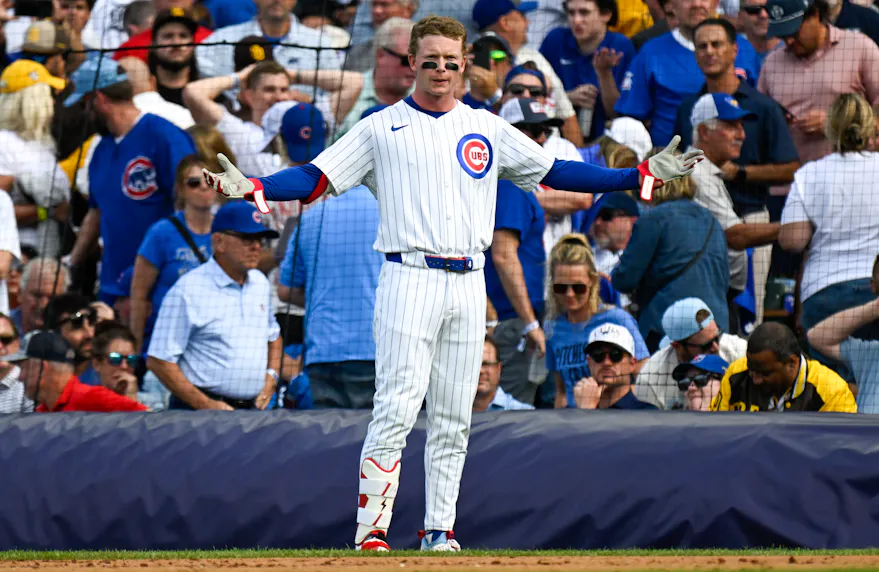Illinois Now Second in the US for Sports Betting Tax Revenue

Last Updated: October 2, 2025 2:52 PM EDT • 3 minute read X Social Google News Link


Legal sports betting revenue in the United States continues to grow, and the Illinois sports betting market has emerged as one of the top contributors. It ranked second nationally in sports betting tax collections with nearly $1 billion raised since 2020.
Since the legalization of sports betting expanded nationwide in 2018, licensed sportsbooks have handled more than $500 billion in wagers, generating over $9.3 billion in state tax revenue.
In terms of sportsbook revenue, Illinois sports betting apps rank third in the country at more than $4.3 billion, trailing only New York and New Jersey.
The state's market standing has been bolstered by its enactment of a progressive sports betting tax system, the first in the US. Rates range from as low as 20% to a top-performing 40%.
Illinois implemented the fee on July 1, requiring sportsbooks to begin to pay 25 cents per wager on the first 20 million annual bets and 50 cents per bet beyond that threshold.
The new levy yielded more than $5 million in its initial month before FanDuel reacted by introducing a 50-cent surcharge on each bet.
Illinois channeled the majority of its tax on bets back into the state's general fund, which funds vital services such as education, healthcare, and pensions. Its neighbor, Iowa, although a smaller market, has maintained a consistent rise since 2019.
The sportsbooks there have generated almost $900 million in gross revenue and more than $62 million in taxes, under its 6.75% tax rate, which is set to increase to 9% in 2026. Unlike Illinois, Iowa dedicates its wagering tax revenue to a specific fund that supports infrastructure and public safety.
Bettors push back against new fees
The July changes to Illinois' tax system have sparked bettors' frustration, as operators have directly passed the new costs onto consumers. Comments on social media suggest that an increasing number of bettors are seeking alternatives, including the potential use of offshore books, despite the lucrative Illinois sportsbook promos.
The new structure replaced a flat 15% tax rate with a tiered system ranging from 20% to 40%, depending on the operator's revenue. Critics argue that the measure penalizes both operators and consumers, as the surcharge applies regardless of whether a wager wins or loses.
Compounding the issue for Illinois bettors, Chicago is considering introducing its own, separate betting tax increase. That debate is still ongoing.
Smaller bets have been hit hardest since the 50-cent fee is a prohibitively expensive increase for a small wager. Some sportsbooks' additional minimum bets further limited the options for occasional bettors. The fees further depleted the popularity of parlay bets, where the tax constitutes a more significant percentage of returns.
DraftKings CEO Jason Robbins has warned that the tax increase would drive consumers toward offshore marketplaces where unregulated bets offer no consumer protections. With every largest Illinois operator applying some form of the surcharge, the bettor retains few choices for avoiding the extra expenses.

Ziv Chen X social






